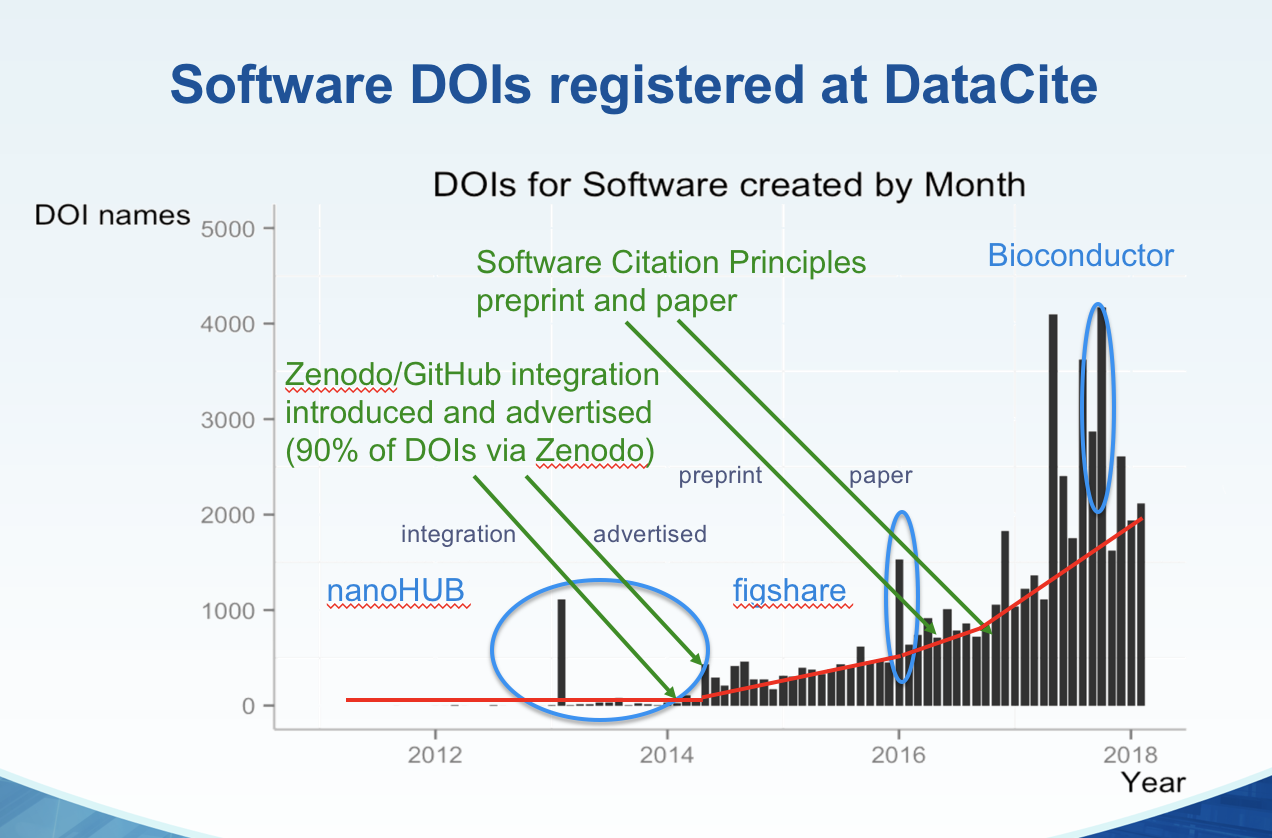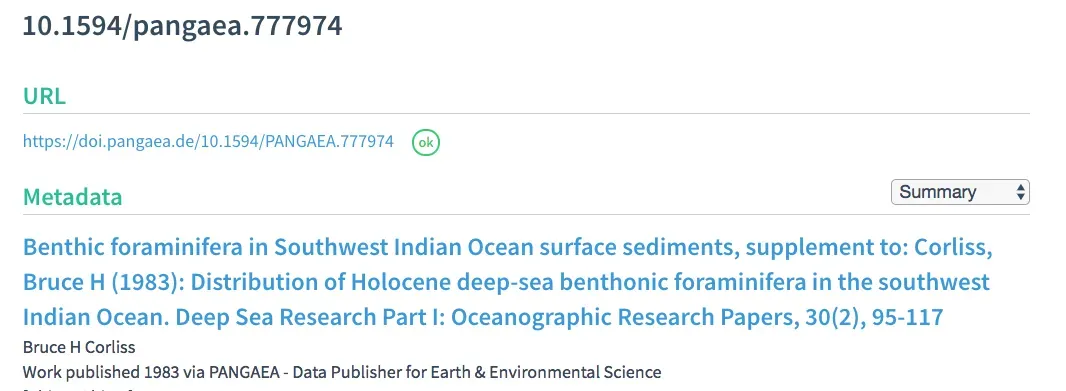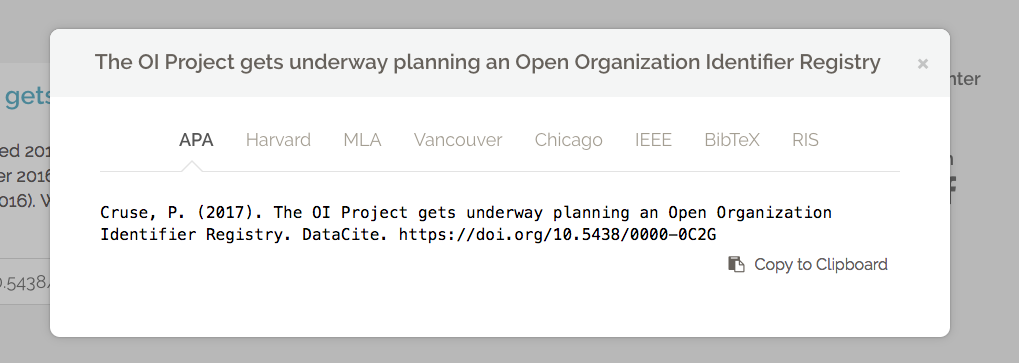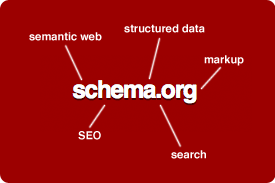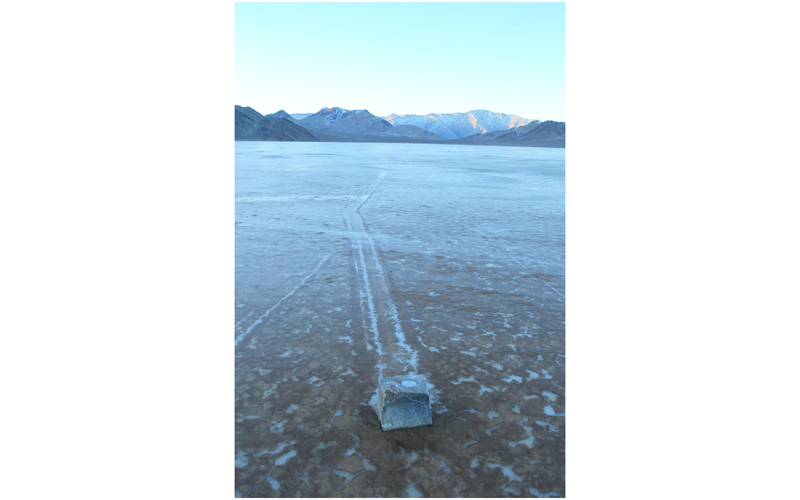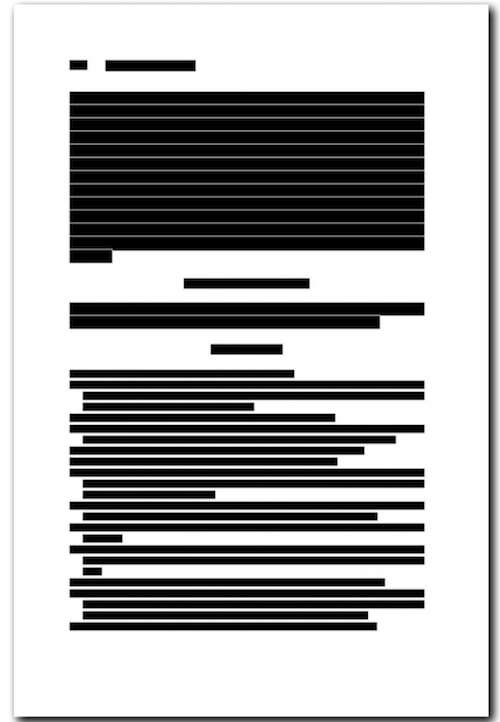
All DataCite DOIs have associated metadata, described in the DataCite Metadata Schema Documentation (DataCite Metadata Working Group (2017)), validated and stored as XML in the DataCite Metadata Store (MDS). These metadata are then made available via DataCite APIs and services. For these services XML is not always the best format, and we are thus providing the metadata in other formats, most notably JSON.

